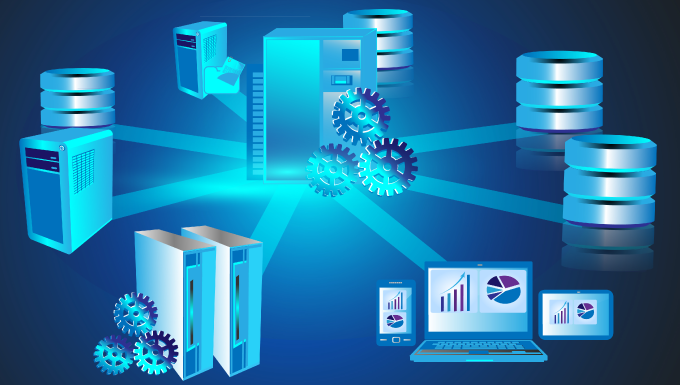Six Things to Know Before Using VPN
Asenqua Tech is reader-supported. When you buy through links on our site, we may earn an affiliate commission.
Using a Virtual Private Network (VPN) has become increasingly popular in recent years. A VPN allows you to browse the internet more securely and privately by encrypting your data and hiding your IP address. However, there are some important things you should know before signing up for a VPN service.
1. Not All VPNs Are Equally Secure
The main purpose of a VPN is to provide security and privacy for your online activities. However, not all VPN services offer the same level of security. Some VPNs use weak encryption methods or have vulnerabilities that could allow your data to be exposed.
When choosing a VPN, look for one that uses strong encryption like AES-256 or OpenVPN protocol. Avoid free VPNs, as they often lack security features or sell user data. Stick to reputable paid VPN providers that have a proven track record. You can try VPN free trial before paying them.
2. VPNs Can Negatively Impact Internet Speeds
Using a VPN adds extra steps to your internet connection, including encryption and routing your data through remote servers. This can lead to slower internet speeds compared to not using a VPN.
The speed reduction depends on factors like the VPN protocol used, server location, and internet service provider. While the impact is usually modest, it’s something to be aware of. Gamers or heavy streamers may want to test speed performance before committing to a VPN.
3. Some Services Block VPN Access
Many streaming platforms like Netflix and Hulu block VPN IP addresses to enforce content licensing restrictions. The same goes for some banks, government websites, and other services. Before signing up for a VPN, research whether it can reliably access the sites and services you need.
VPNs marketed for streaming can bypass blocks, but access can change over time as services crack down.
4. Beware of Excessive Data Logging
One of the main privacy concerns with VPN providers is whether they log user activity data. Excessive logging can reveal what sites you visit and what content you access. Good VPNs have strict no-logs or minimal logs policies.
However, policies can change, so pay attention to any updated terms of service. VPNs registered in countries with strong consumer privacy laws often provide better logging protections.
5. Additional Security Measures Are Still Needed
While VPNs enhance online privacy and security in important ways, they don’t protect against all threats. You still need comprehensive security tools like antivirus software, firewalls, and safe browsing habits.
Also beware of phishing attacks, malware infections, and other client-side vulnerabilities that can expose your data despite using a VPN. Think of a VPN as one layer of security, not a catch-all solution.
6. Performance Can Vary Across Devices
Before purchasing a long-term VPN plan, test performance across all your devices. Factors like VPN protocol support, app interfaces, and device hardware can impact connection speeds and reliability. Testing during a free trial is ideal.
For example, the VPN might work great on your laptop but have connectivity issues on certain mobile devices. Knowing any limitations upfront prevents headaches down the road.
While VPNs provide meaningful privacy and security advantages, they also come with tradeoffs. Doing research on factors like encryption methods, logging policies, and speed impacts allows you to select the right VPN service for your browsing needs. Testing VPN performance across devices before committing to a long subscription is also wise. Keep these key considerations in mind, and a VPN can securely open up online access and peace of mind.






